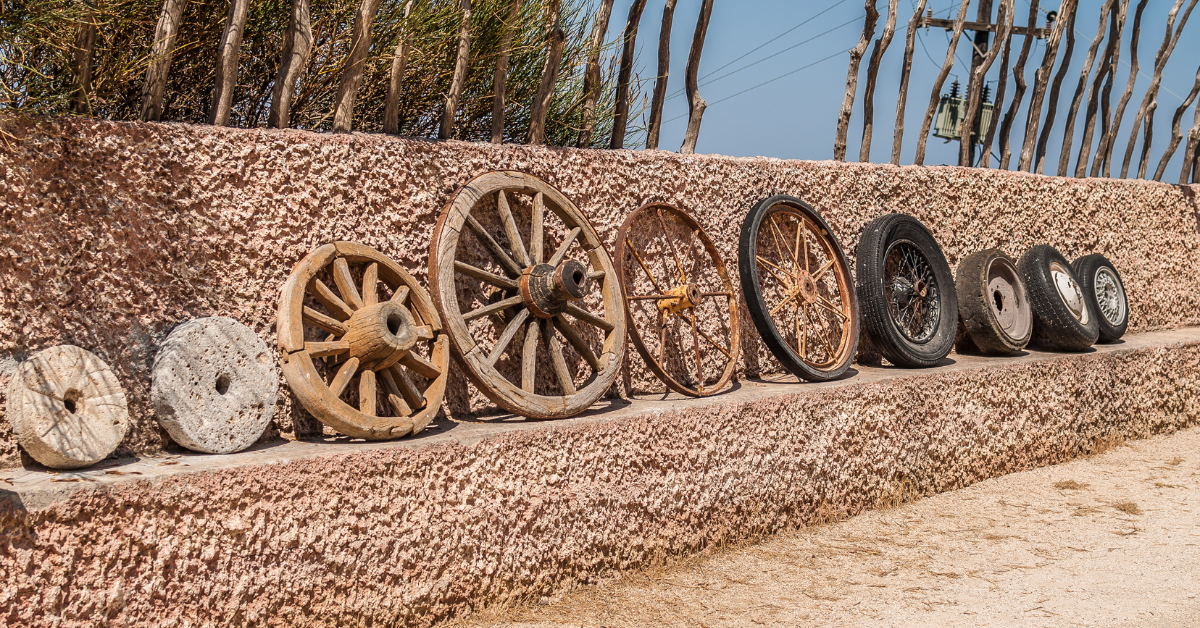The future of libraries is…
Over the next few months, Dr Catherine (Katie) Eagleton and Catriona Cannon will be bringing you a blog series that asks a number of inspiring and thought-provoking writers from across the higher education sector to set out their vision for the future of libraries - and how this could contribute to the brightest possible future for the UK’s universities.

As long as there have been places of research and learning, there have been libraries. Whether we look to the earliest universities in Nalanda or Bologna, scholars were supported by having books and spaces within which they could work.
As universities have changed, so too have their libraries. There are still books – across the UK’s research and university libraries hundreds of millions of volumes. Libraries are still places people come together to think, to learn, to study, and to seek new insights and develop new knowledge. However, much else has changed, and libraries are now digital as well as physical, and are about services and community just as much as they are about collections.
Libraries are at the heart of our Higher Education institutions – vital to research and teaching, with a track record of supporting student experience and skills, they are also key spaces for cultural and community engagement.
We now look towards the future of higher education in the UK, at a time of change. What will be the impact of AI tools and technologies on all areas of our lives? How will geopolitical shifts transform international research collaborations? What skills will be needed in the future economies and by our students as they embark on their careers?
Librarians in UK higher education institutions are collaborative and networked, and work together across and between universities. As Transformation and Efficiency-Towards a new era of collaboration sets out, this must continue to grow and strengthen as we explore new models and grapple together with the challenges facing our sector.
This blog is the first in a new series that asks a number of inspiring and thought-provoking writers to set out a vision for the future of libraries, and to challenge us all to step up and play our part in the future of Higher Education. What could our libraries become if we look forward a decade together and think together, radically and creatively? And how could this contribute to the brightest possible future for the UK’s universities? Look out for the first blog early next year, and about every two months after that.
About the authors
Dr Catherine (Katie) Eagleton is University Librarian and Director of Collections and Museums, and Co-Director for the MLitt in Museum and Heritage Studies. Alongside these roles, she continues to research topics relating to museums and collections, and supervises a number of doctoral students, especially on interdisciplinary topics. Before joining the University of St Andrews in 2019, Katie worked in a number of national cultural institutions, including the Science Museum, British Museum and British Library in the UK, and the Smithsonian Institution in the USA. She is passionate about opening up cultural heritage collections to the widest possible audiences, and the potential of digital tools and technologies for advancing the purpose and mission of cultural organisations.
Since June 2021, Catriona Cannon has been Librarian and Director of the Library Transformation Programme at the University of London, a programme of change and investment across the University to transform the student experience, develop the library’s digital offering and create a unique centre for knowledge and engagement within Bloomsbury. She has held leadership positions in a wide variety of higher education institutions including most recently as Deputy Librarian of the Bodleian Libraries, University of Oxford and Vice-President of Reuben College, Oxford, where she also served as Senior Responsible Owner for the project to redevelop listed buildings into the College home. She shares Katie’s passion for engaging the public and widening access to universities using cultural collections.
Related Blogs


